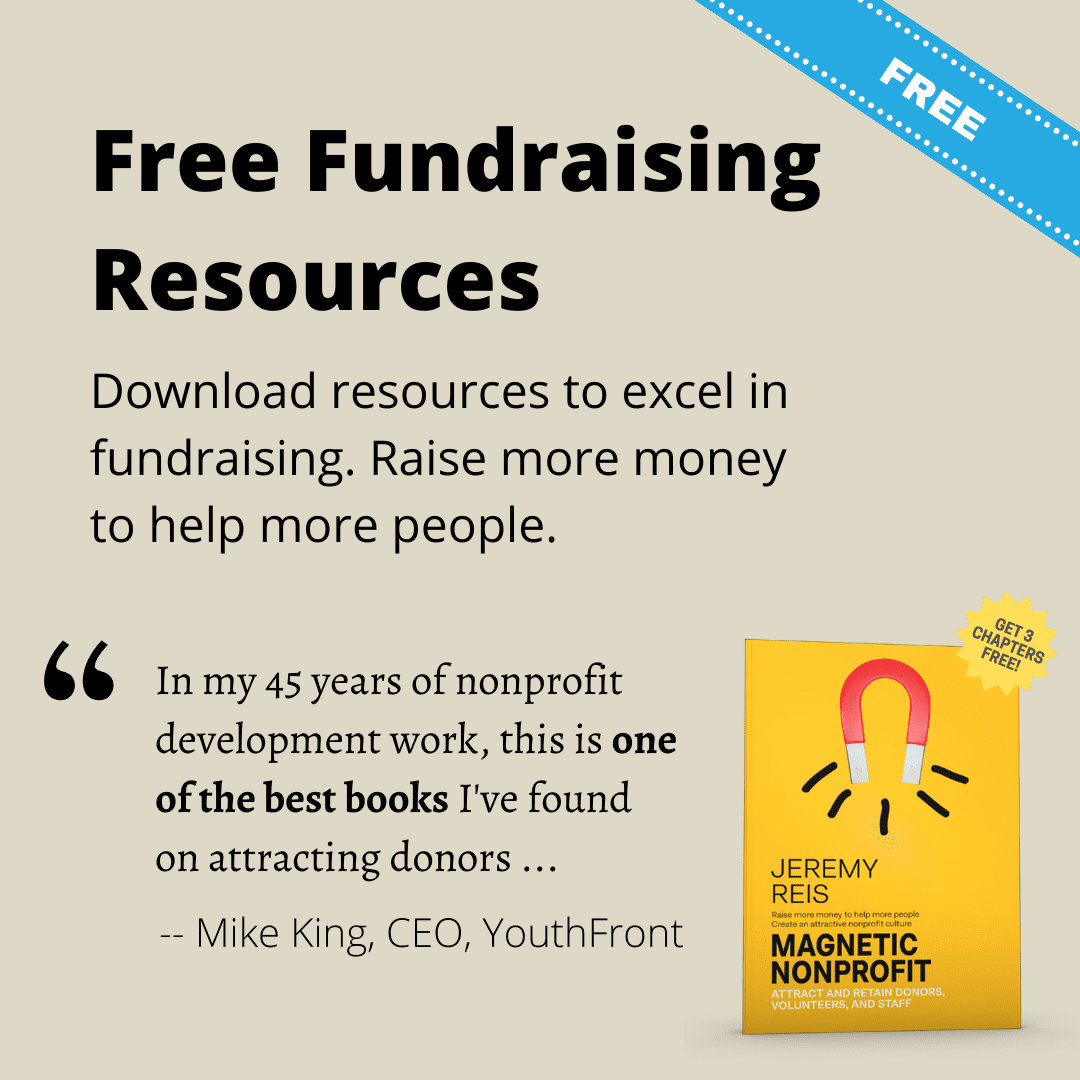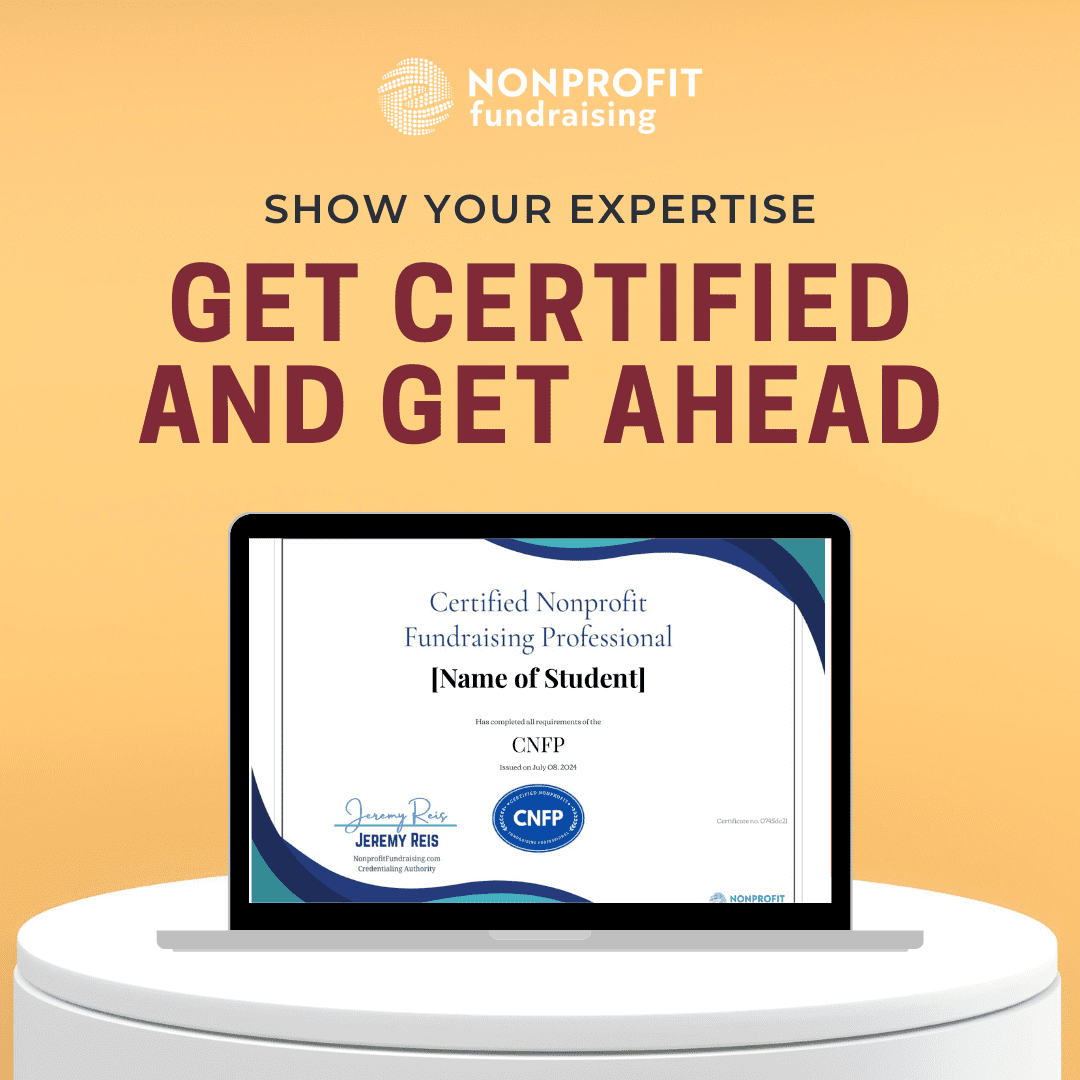When we lose someone dear to us, finding ways to honor their memory becomes a vital part of the healing process. For many, this involves making a memorial gift to a nonprofit organization. These gifts serve a dual purpose: they provide crucial support to causes that mattered to the loved one, and they offer a lasting tribute to their life and legacy. As a nonprofit, acknowledging these heartfelt contributions with the sensitivity and gratitude they deserve is not only good practice but also a powerful way to strengthen the bond with your donors.
In this article, we will guide you through the process of crafting impactful thank-you letters for memorial gifts. You’ll learn why these letters are so important, what key elements they should include, and how to express your gratitude in a way that truly honors both the donor and the person they are remembering. With practical tips, best practices, and sample letters to inspire you, you’ll be equipped to create meaningful connections that extend far beyond the donation itself.
Whether you are new to writing memorial gift thank-you letters or looking to refine your approach, this guide will help you convey the deep appreciation these special gifts deserve. Let’s ensure every donor knows just how much their contribution means to your organization and the enduring legacy it supports.
1. Understanding Memorial Gifts
Memorial gifts are donations made to a nonprofit organization in memory of a loved one. These gifts can take many forms, including monetary donations, endowments, or contributions to specific projects or programs that were meaningful to the deceased. The significance of these gifts extends beyond the financial support they provide; they serve as a lasting tribute to the individual’s life and values.
Emotional Impact
The emotional connection that donors have with memorial gifts cannot be overstated. These donations are often made during a time of grief and reflection, representing a way for donors to cope with their loss while honoring their loved one’s memory. Recognizing and acknowledging this emotional weight is essential. A well-crafted thank-you letter can offer solace and reinforce the donor’s decision to support your organization in such a meaningful way.
Importance of Acknowledging Memorial Gifts
Acknowledging memorial gifts with care and sensitivity is not only a matter of good manners but also a crucial aspect of donor relations. A thoughtful thank-you letter demonstrates your organization’s appreciation and respect for the donor’s loss and their generous act of remembrance. It also helps build a lasting relationship with the donor, who may continue to support your cause in the future.
The unique nature of memorial gifts and the deep emotional connections they carry means your organization can create a more meaningful and impactful thank-you process. This not only honors the memory of the deceased but also strengthens the bond between your nonprofit and its supporters.
2. Key Elements of a Memorial Gift Thank You Letter
Crafting a thank-you letter for a memorial gift involves more than just expressing gratitude; it’s about honoring the memory of the deceased and recognizing the donor’s heartfelt gesture. Here are the key elements to include in a memorial gift thank-you letter to ensure it is meaningful and impactful.
Personalization
Personalization is crucial when acknowledging a memorial gift. Begin by addressing the donor by name and mentioning the deceased person’s name. Personal touches show that the letter is not just a generic response but a sincere acknowledgment of their unique contribution. Including specific details about the deceased and their connection to your organization can also add a heartfelt touch.
Gratitude
Expressing genuine gratitude is the cornerstone of any thank-you letter. Clearly state your appreciation for the donor’s generosity and acknowledge the significance of their gift. Use warm, heartfelt language to convey your thanks, ensuring the donor feels truly valued.
Acknowledgment of the Honoree
Respectfully acknowledge the person in whose memory the gift was made. Highlight their connection to your organization, whether they were a long-time supporter, a beloved community member, or someone whose values align with your mission. This not only honors the deceased but also shows the donor that their loved one’s memory is being cherished.
Impact Statement
Explain how the donation will be used and the impact it will have on your organization’s mission. Be specific about the projects or programs the gift will support and how these initiatives align with the values or interests of the deceased. This helps the donor see the tangible benefits of their contribution and how it will create a lasting legacy.
Invitation for Continued Engagement
Encourage the donor to stay connected with your organization. Invite them to events, share updates on the projects their gift is supporting, or suggest ways they can remain involved. This helps build a long-term relationship and keeps the donor engaged with your cause.
3. Writing Tips and Best Practices
Creating a heartfelt and effective thank-you letter for memorial gifts involves more than just following a template. Here are some writing tips and best practices to help you craft a meaningful message that resonates with the donor.
Tone and Language
The tone of your thank-you letter should be compassionate, respectful, and warm. Use language that conveys genuine appreciation and empathy. Avoid overly formal or stiff language, as it can come across as insincere. Instead, aim for a conversational yet respectful tone that makes the donor feel valued and understood.
Structure and Length
While it’s important to be thorough in your acknowledgment, it’s equally important to keep the letter concise and focused. Aim for a length of one to two pages. Start with a personalized greeting and a heartfelt thank you, followed by an acknowledgment of the honoree and the impact of the gift. Conclude with an invitation for continued engagement and a final expression of gratitude.
Handwritten vs. Typed
Deciding whether to handwrite or type your thank-you letters depends on the size of your organization and the volume of donations. Handwritten letters offer a personal touch that can be deeply appreciated, especially for significant donations or long-term supporters. However, typed letters can be just as sincere if they are well-crafted and personalized. If you choose to type your letters, consider adding a handwritten note or signature to enhance the personal feel.
Personalization
Go beyond simply addressing the donor by name. Reference specific details about the honoree and the donor’s connection to them. Mention any personal anecdotes or memories shared by the donor, as these can add a deeply personal touch to your letter. Personalized details show that you have taken the time to understand and appreciate the significance of their gift.
Timing
Timely acknowledgment is crucial. Aim to send your thank-you letter within two weeks of receiving the memorial gift. Prompt responses show respect and appreciation for the donor’s support and ensure that your message is received while the donor’s experience is still fresh in their mind.
Follow-Up
Consider sending a follow-up letter or note several months after the initial thank-you letter. This can provide an update on how the gift has been used and the impact it has had on your organization. Follow-up communications show ongoing appreciation and keep the donor informed and engaged with your cause.
Review and Proofread
Before sending your thank-you letter, review it carefully to ensure it is free of errors and conveys the intended message. Proofread for spelling and grammar mistakes, and double-check that all personal details are accurate. A well-polished letter reflects your organization’s professionalism and respect for the donor.
4. Sample Memorial Gift Thank You Letters
Providing examples of well-crafted thank-you letters can be immensely helpful for creating your own. Below are three sample letters that illustrate different approaches to acknowledging memorial gifts. These samples can serve as inspiration and guidance as you write your own letters.
Sample 1: Simple and Heartfelt
Dear [Donor’s Name],
Thank you so much for your generous gift to [Organization Name] in memory of [Honoree’s Name]. Your support during this difficult time means more than words can express.
We are deeply honored to receive this donation in [Honoree’s Name]’s memory. Their legacy will live on through the impactful work that your contribution helps support. [Briefly mention a specific project or program related to the honoree’s interests.]
Your kindness and generosity are truly appreciated. Thank you for helping us continue our mission in a way that honors [Honoree’s Name]’s life and values.
Warmest regards,
[Your Name]
[Your Title]
[Organization Name]
Sample 2: Detailed and Personal
Dear [Donor’s Name],
I am writing to extend our heartfelt thanks for your thoughtful gift to [Organization Name] in memory of [Honoree’s Name]. We are incredibly grateful for your support and for the opportunity to honor [Honoree’s Name]’s memory in such a meaningful way.
[Honoree’s Name] had a profound impact on everyone who knew them, and your donation is a beautiful tribute to their life and legacy. With your contribution, we will be able to [specific impact or project], which was something [Honoree’s Name] was passionate about.
We would love to share with you how your gift is making a difference. Please feel free to visit our website for updates on the projects your donation supports, or contact us if you would like to learn more about our work.
Thank you once again for your generosity and for keeping [Honoree’s Name]’s spirit alive through your support.
Sincerely,
[Your Name]
[Your Title]
[Organization Name]
Sample 3: Follow-up Thank You
Dear [Donor’s Name],
Several months have passed since we received your generous gift in memory of [Honoree’s Name], and I wanted to take a moment to update you on how your contribution has been used and the impact it has had on our work.
Thanks to your support, we have been able to [specific accomplishments or progress]. This has made a significant difference in [briefly describe the benefits or changes resulting from the project], something that [Honoree’s Name] would have been proud of.
We remain deeply grateful for your donation and for the opportunity to honor [Honoree’s Name] in such a meaningful way. Your kindness continues to inspire us and make a lasting impact on our community.
If you have any questions or would like more information about our ongoing projects, please do not hesitate to reach out. We would be delighted to share more about the work your gift has enabled.
With heartfelt thanks,
[Your Name]
[Your Title]
[Organization Name]
Crafting Your Own Thank You Letter
These sample letters provide a foundation for creating your own personalized thank-you notes. Remember to adapt the tone, content, and structure to fit the specific context and relationship with the donor. By putting thought and care into each letter, you can ensure that every memorial gift is acknowledged with the appreciation and respect it deserves.
Acknowledging memorial gifts with heartfelt thank-you letters is an essential practice for any nonprofit organization. These gifts represent not only financial support but also a deeply personal connection to the honoree’s memory and the donor’s emotions. By crafting thoughtful, personalized thank-you letters, you honor the deceased’s legacy and show genuine appreciation for the donor’s generosity.

